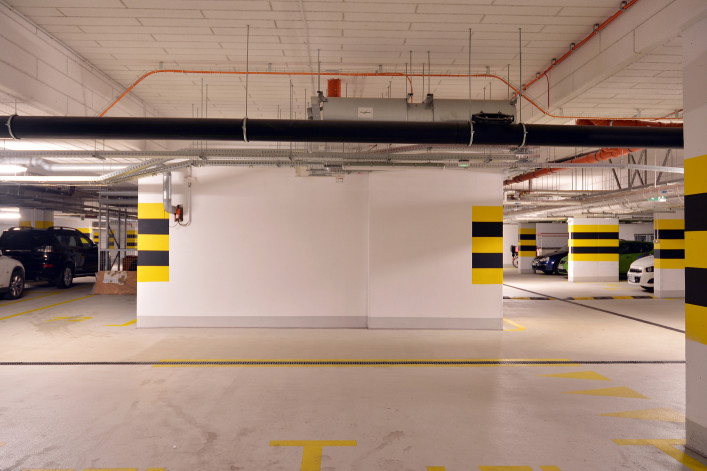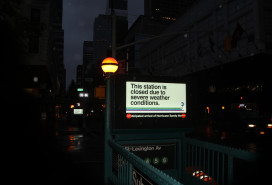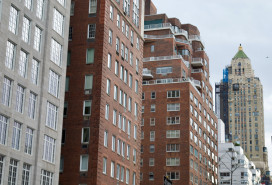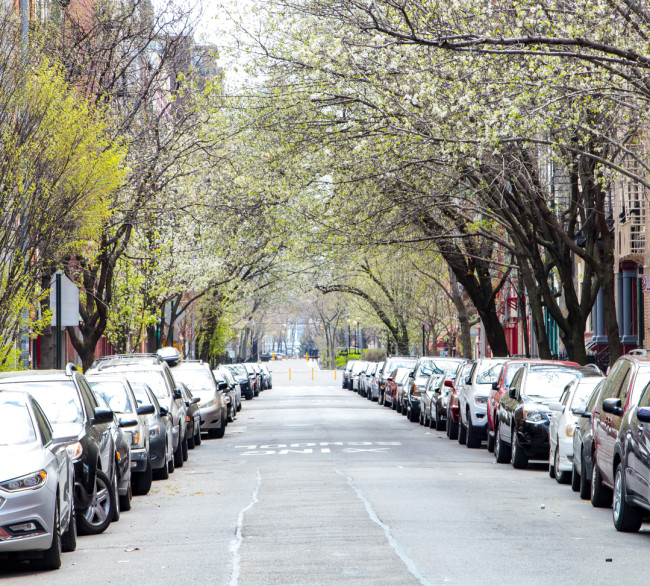I live in a rent-stabilized apartment. Is my parking spot protected from rent hikes?

Parking spots can be stabilized, which means your landlord can't impose a $50 increase out of the blue.
I've lived in a rent-stabilized apartment since 1990. When I moved in, I was given a parking space in the building's garage but never signed any separate lease or agreement for it. At the time, I was only told the cost of the space, which is included in my lease. The landlord just hired new management who sent us a letter saying that the cost of parking spots will increase by $50 per month. Is this allowed? Isn't the spot rent stabilized? And shouldn't any increase only go into effect upon lease renewal?
If the parking spot was provided to you when you moved into your stabilized apartment, there are strict limits on how much its rent can be raised, our experts say.
"A parking space provided to a rent-stabilized tenant when he or she moved into the apartment is considered an 'ancillary required service,' and the rent increases cannot be a higher percentage than the apartment increases," says David Hershey-Webb, a partner at HMGDJ law (FYI, a Brick sponsor). "The tenant could file an overcharge complaint with the Division of Housing and Community Renewal or talk with an attorney about other options."
This means the rules for rent stabilization apply to your parking spot, too, and therefore its rent can only be raised by the percentages set each year by the Rent Guidelines Board. Last June, the RGB imposed a 1.5 percent increase for one-year leases, and a 2.5 percent increase for two-year leases, so the rent on your parking space can only increase by one of these amounts, depending on how you renewed your lease.
Your landlord can't impose a $50 increase out of the blue, and you can push back with a complaint to the DHCR or by consulting a lawyer.
But it's not always so clear-cut whether a space is stabilized. Timing is an important factor, and the spot may not be stabilized "if the space was rented sometime after the apartment was rented," says Jeffrey Reich, a partner in the law firm of Schwartz Sladkus Reich Greenberg Atlas. "It is stabilized if it was provided at the time the initial stabilized lease was entered into."
The spot's stabilization status (or lack thereof) could also be influenced by when your building went into stabilization and whether the garage and the building share the same management company.
“Whether the garage rent is subject to stabilization is typically influenced by three factors: Whether there is a separate charge for the apartment and for the space; whether the building owner was providing the space to the tenant when the building became subject to regulation; and whether the building and garage are owned and operated, directly or indirectly, by the same person or company," says Dennis Hughes, a broker with Corcoran. "It is best to check with DHCR and verify to status of your building and the parking spot associated with your lease."
Trouble at home? Get your NYC apartment-dweller questions answered by an expert. Send your questions to experts@brickunderground.com.
For more Ask an Expert questions and answers, click here.
You Might Also Like






























